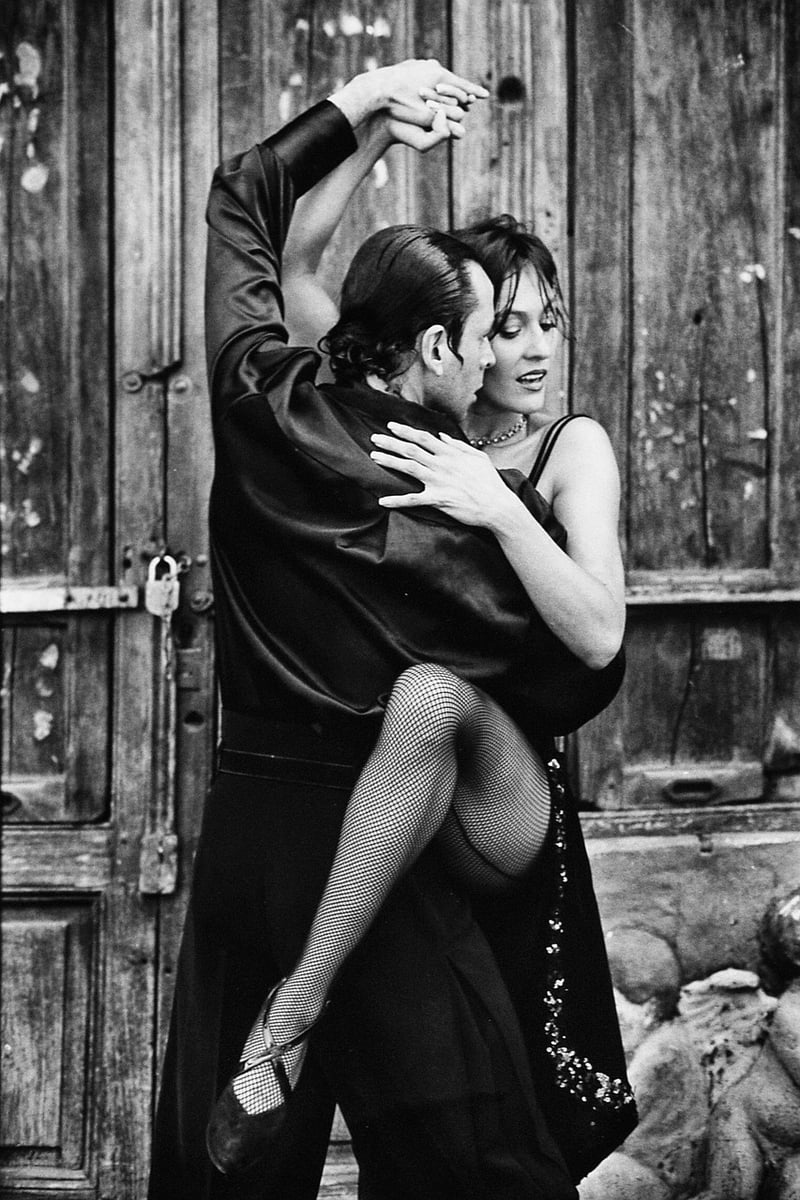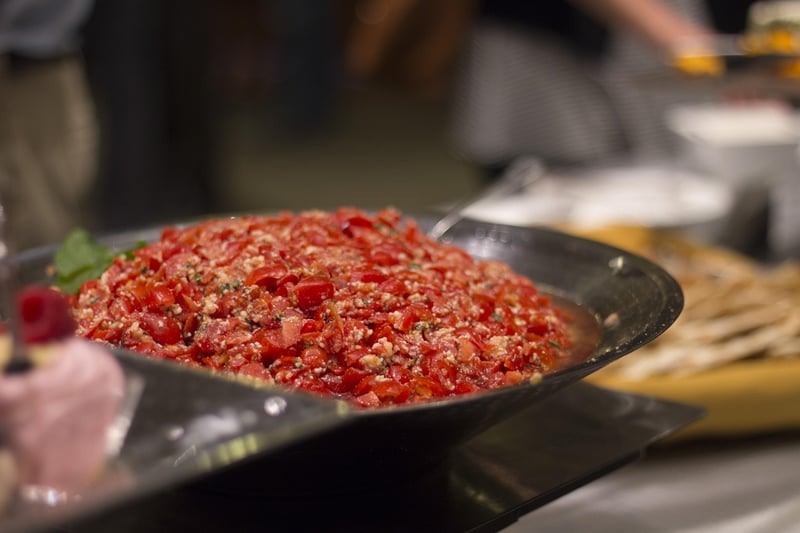Salsa
The Art of Expressive Movement: Exploring Salsa Dance

Salsa dance, with its vibrant music and energetic movements, is not just a dance form but a form of expressive movement that captivates both dancers and spectators alike. Originating in the Caribbean, particularly in Cuba and Puerto Rico, salsa has evolved into a popular social dance style enjoyed worldwide.
The Rhythm of Salsa
At the heart of salsa dance is its infectious rhythm. The music, typically characterized by lively percussion and brass sections, sets the tempo for the intricate footwork and partner interactions that define salsa. The blend of African and Latin influences in salsa music creates a dynamic and pulsating beat that drives the dance forward.
Expressing Emotions through Movement
What sets salsa apart as a dance form is its emphasis on expressing emotions through movement. Dancers use their bodies to convey passion, joy, and sometimes even drama as they glide and spin across the dance floor. The connection between partners in salsa is palpable, with each movement telling a story and evoking a range of feelings.
The Art of Partnering
Salsa is known for its intricate partnering techniques, where dancers move in sync with one another, often in close embrace. The lead and follow dynamic in salsa requires clear communication and trust between partners, leading to seamless transitions between different patterns and turns.
Benefits of Salsa Dance
- Improves physical fitness and coordination
- Boosts mood and reduces stress
- Enhances social connections through partner dancing
- Increases self-confidence and body awareness
Whether you are a seasoned dancer or a complete beginner, salsa offers a dynamic and engaging way to express yourself through movement. So, put on your dancing shoes, feel the rhythm, and let the magic of salsa transport you to a world of passion and connection.
Ready to start your salsa journey? Find a local dance studio or join a salsa class in your area to experience the joy of this expressive movement form firsthand!

